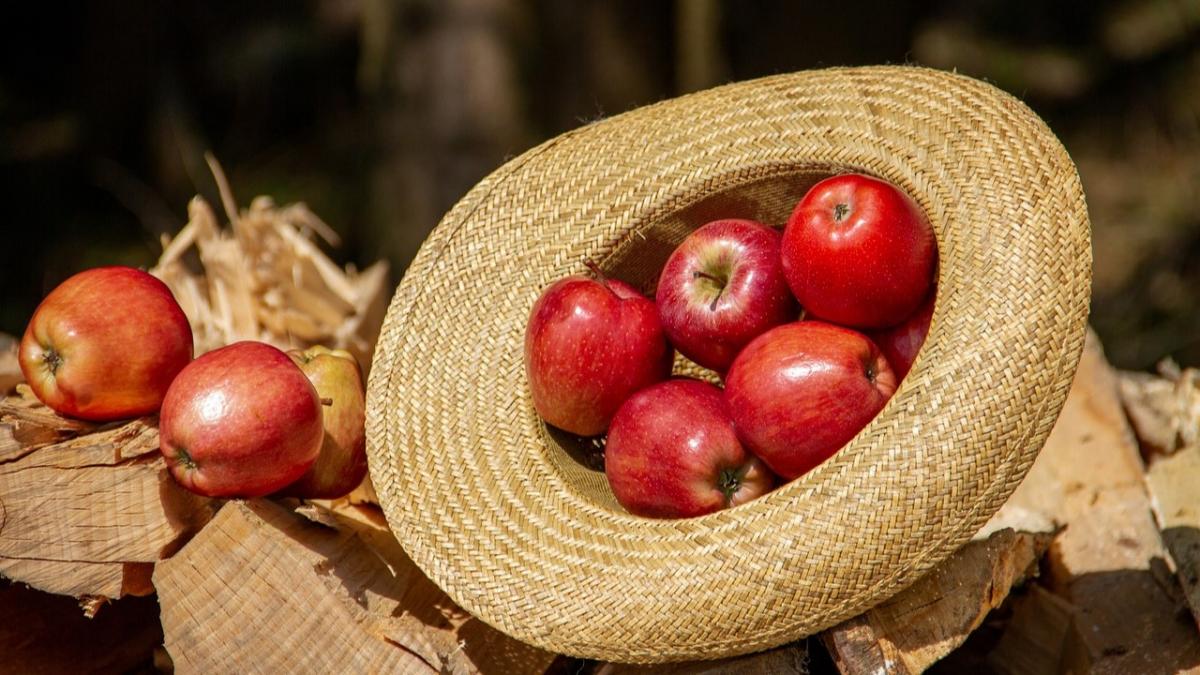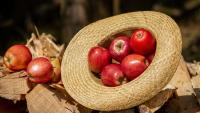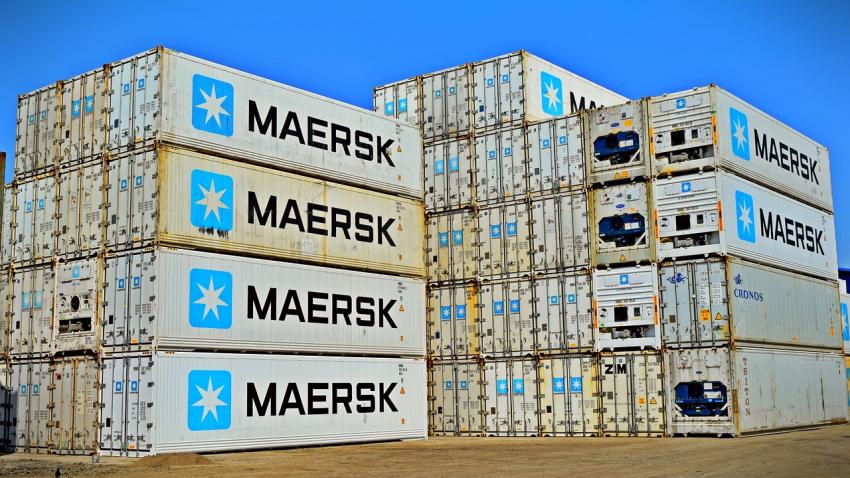You are here
Back to topGerman Apples Granted China Market Access

From April 14 to 16, German Chancellor Olaf Scholz conducted an official visit to China. During the visit, the two countries reached several cooperation agreements, which include China agreeing to lift its restrictions on the import of German beef and apples. On April 29, the General Administration of Customs of China announced via its website that fresh apples from Germany meeting the stipulated phytosanitary requirements would be permitted for import into China.
Apples are one of Germany’s major fruit items. However, adverse weather conditions in 2023 caused production to fall to only 941,200 metric tons, which was lower than the average annual production of 1 million metric tons and represented a 12% year-on-year decrease compared with 2022. Approximately 75% of German apples are typically sold as fresh fruit, with the remaining 25% used for processing. Since 2016, German apple growers have been striving to enter the Chinese market. With this market access now secured, the industry is currently planning its inaugural exports to China.
According to the GACC announcement, China has identified a total of 15 quarantine pests of concern. These include the Mediterranean fruit fly (Ceratitis capitata), codling moth (Cydia pomonella), apple leaf-curling midge (Dasineura mali), European pear scale (Epidiaspis leperii), wooly apple aphid (Eriosoma lanigerum), apple-grass aphid (Rhopalosiphum insertum), European apple sawfly (Hoplocampa testudinea), apple fruit weevil (Rhynchites aequatus), peach weevil (Rhynchites bacchus), fire blight (Erwinia amylovora), apple scab fungus (Venturia inaequalis) and four other plant pathogens (Botryosphaeria stevensii, Phacidiopycnis washingtonensis, Monilinia fructicola and Neofabraea malicorticis).
Orchards intending to export fresh apples to China must adhere to good agricultural practices and integrated pest management techniques. During the packaging process, apples destined for China must undergo procedures such as washing, disinfecting, sorting and the removal of damaged fruits to ensure that shipments are free from insects, mites, rotten fruits, branches, leaves, roots and soil. After the packaging process, technical personnel should take a random sample of 600 apples from each batch bound for China, with 20% of them needing to be cut open for inspection. Furthermore, only packaging plants equipped with a photographic sorting system are qualified to register for export to China.
Cold treatment is also a mandatory requirement. Approved cold treatment regimens include a pulp temperature of 1.11 degrees Celsius or below for at least 14 consecutive days, 1.67 degrees Celsius or below for at least 16 consecutive days, and 2.22 degrees Celsius or below for at least 18 consecutive days. The cold treatment may also be carried out during transit, provided that the entire process is completed before the shipment reaches the first port of entry.
Image: Pixabay
This article was translated from Chinese. Read the original article.













Add new comment